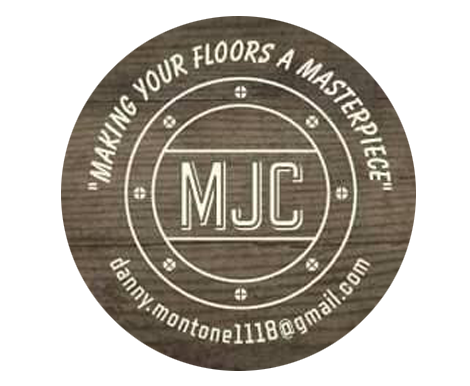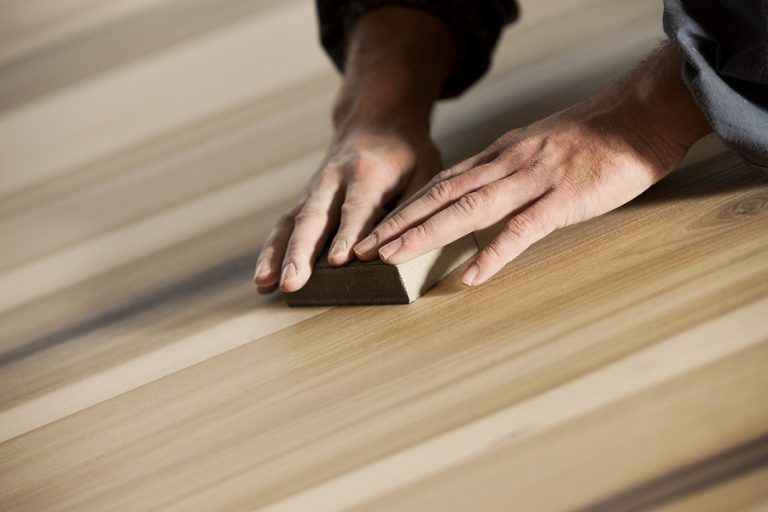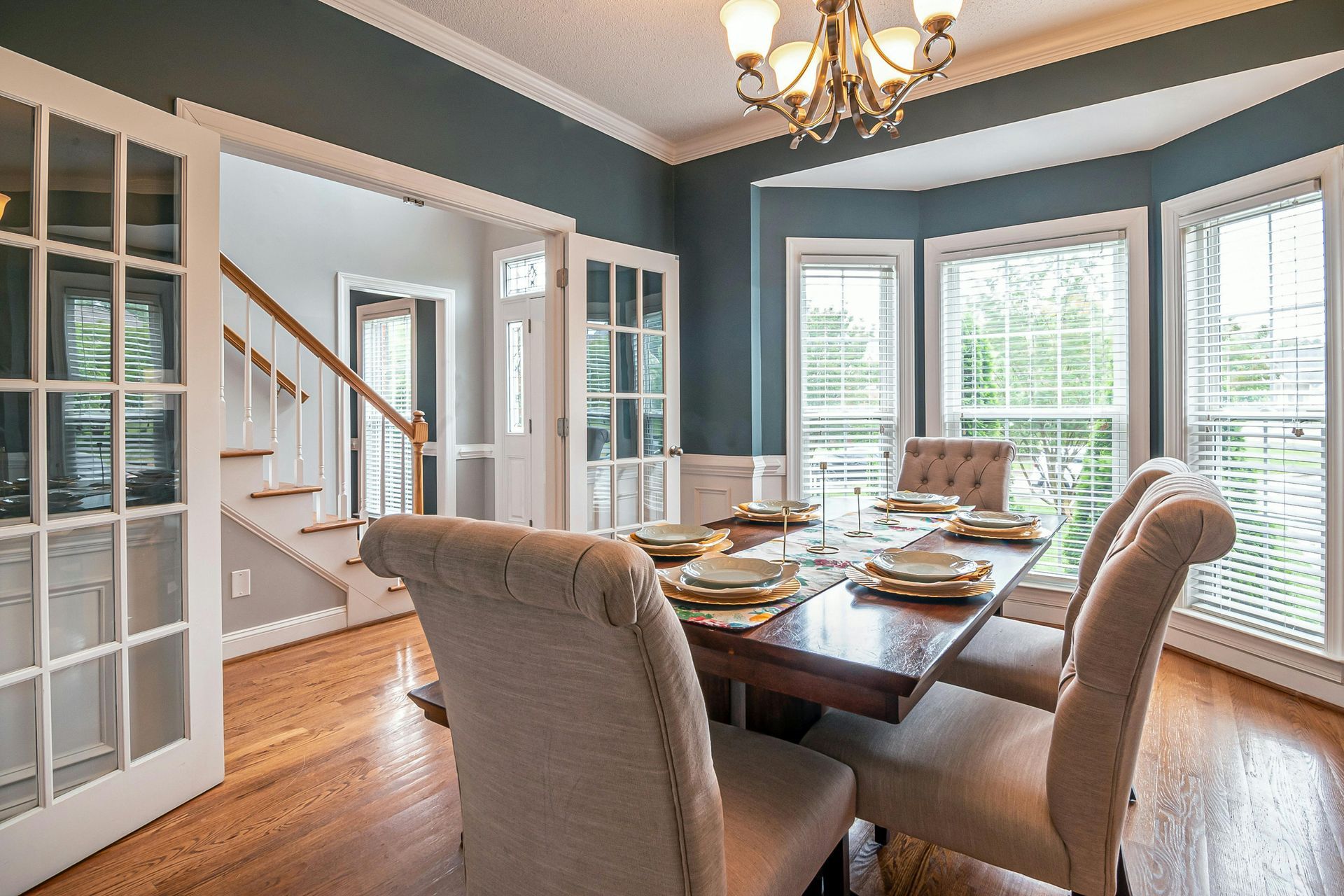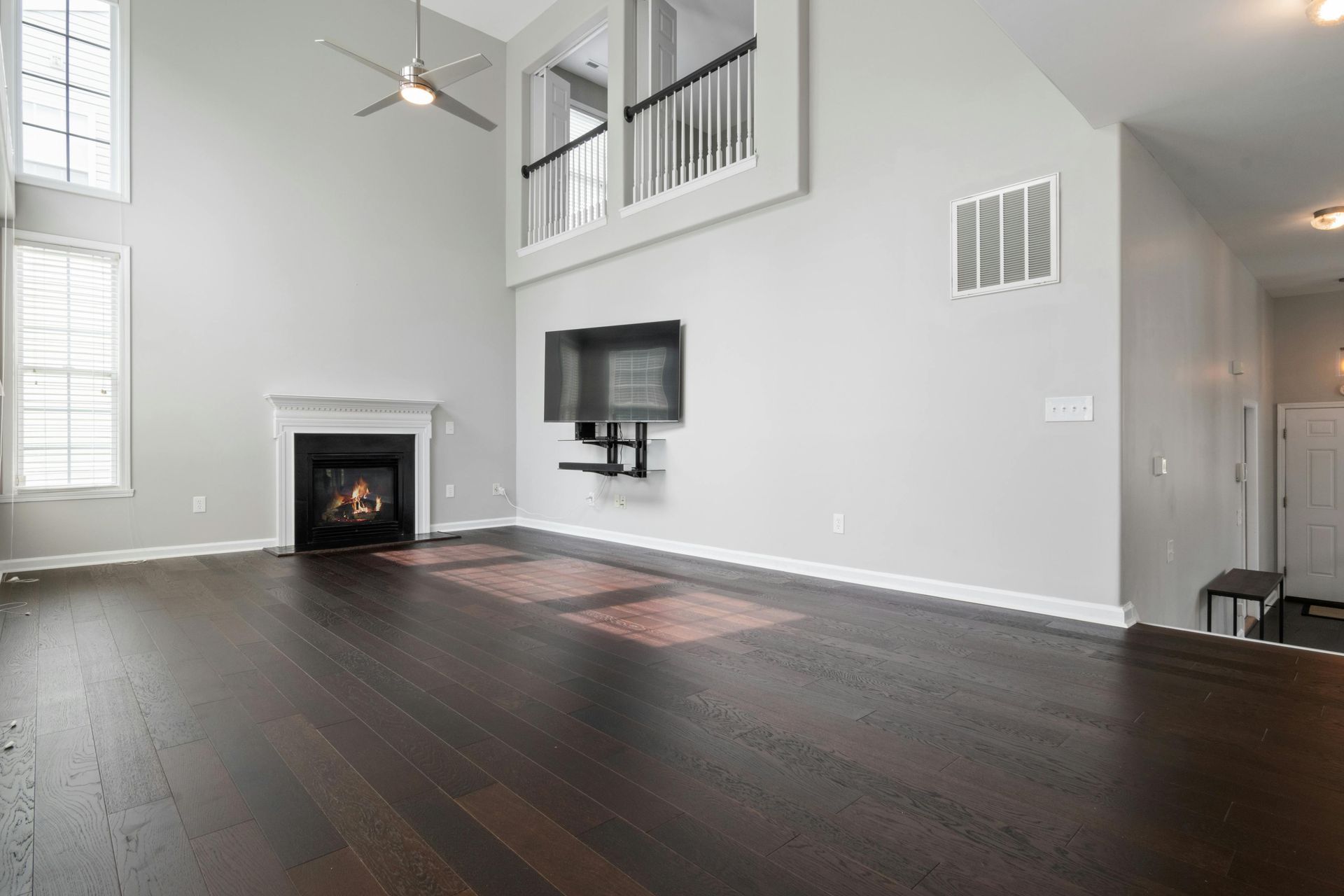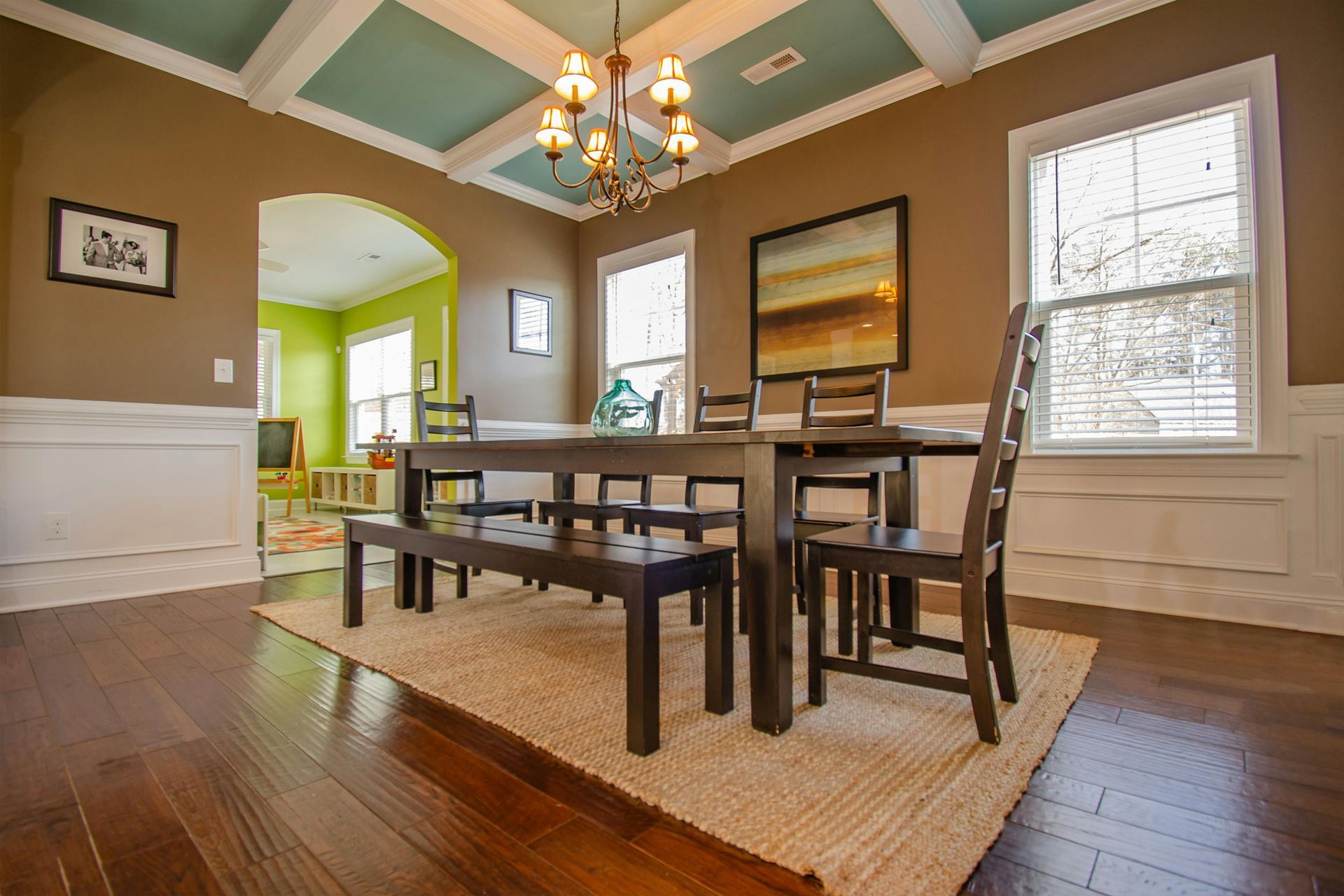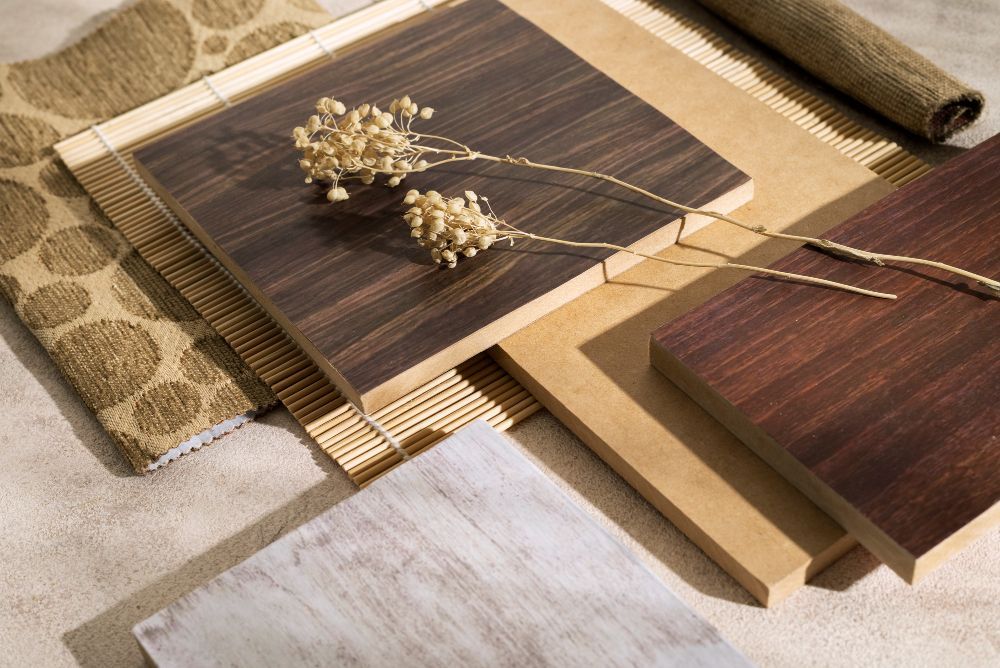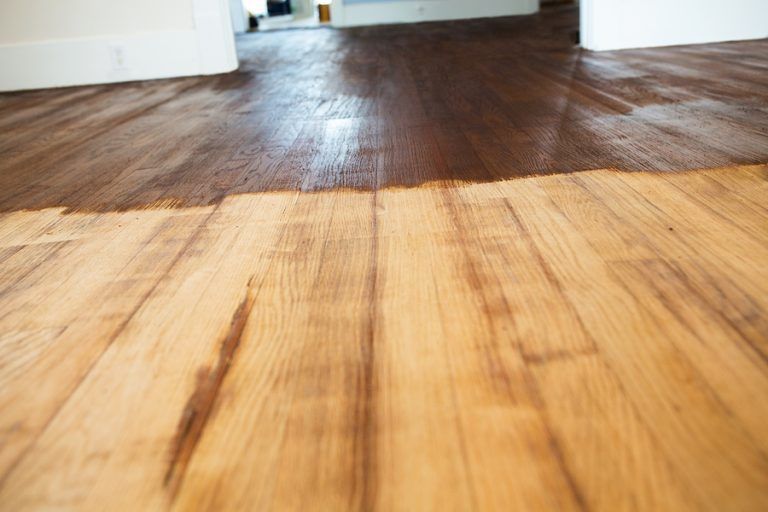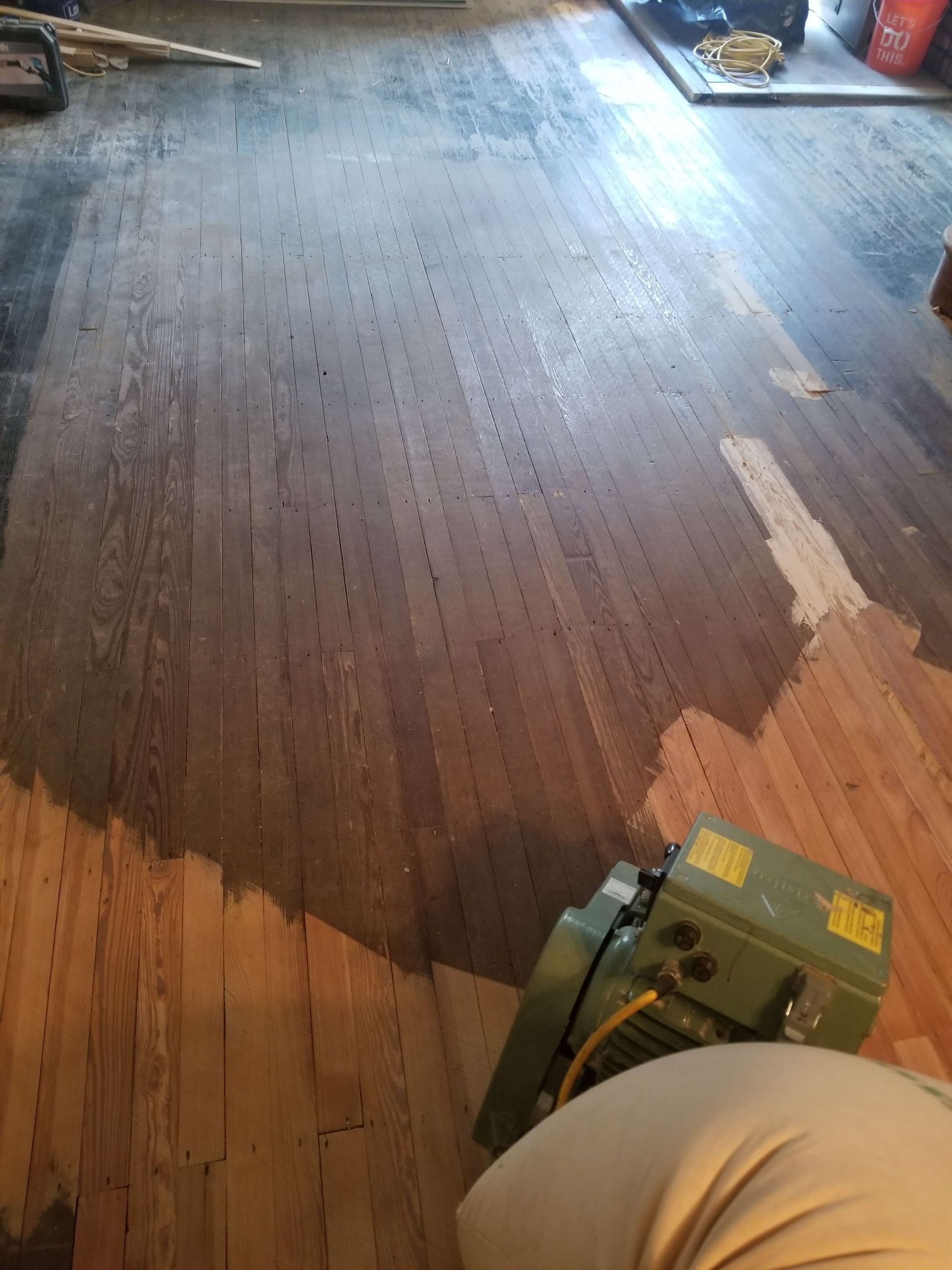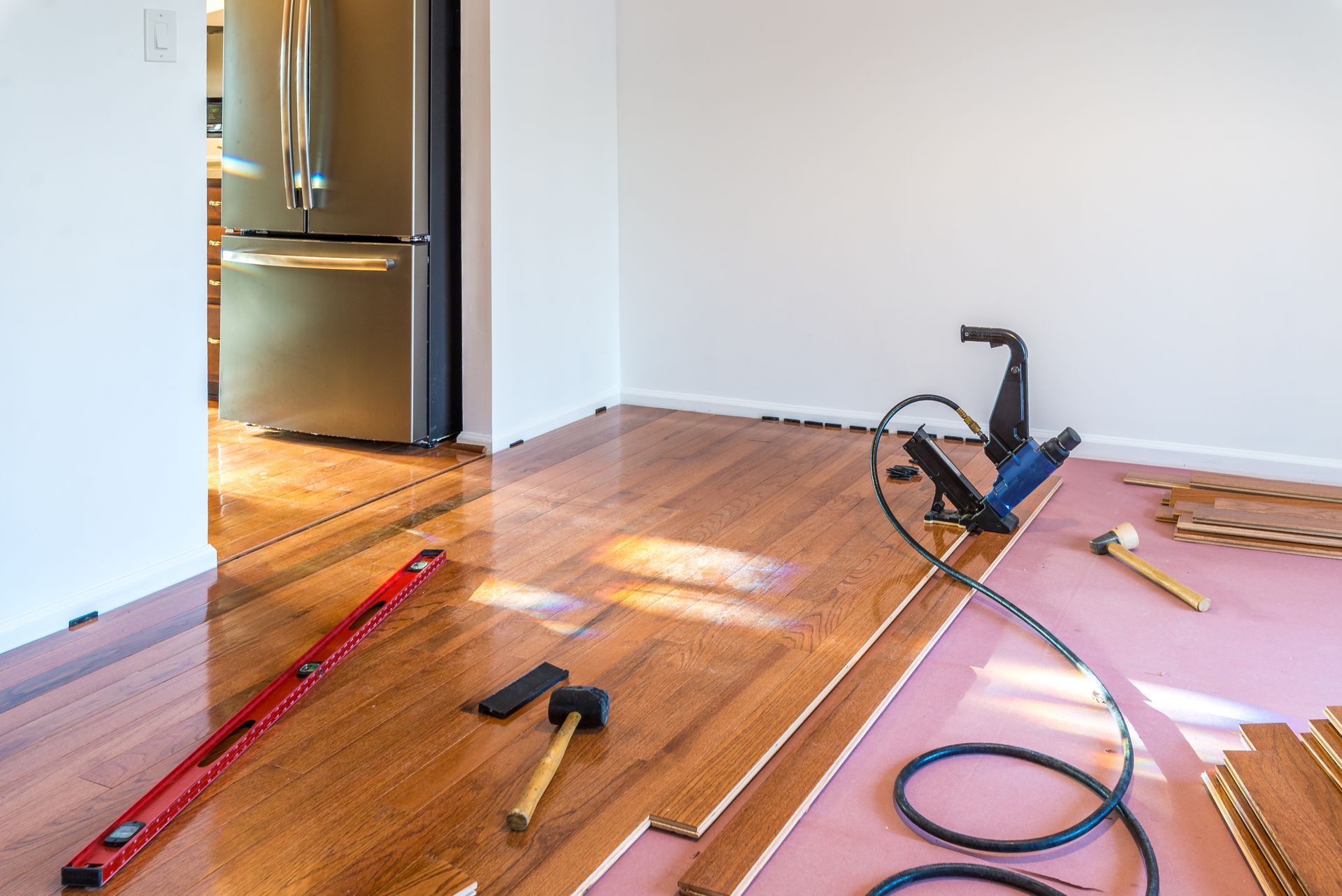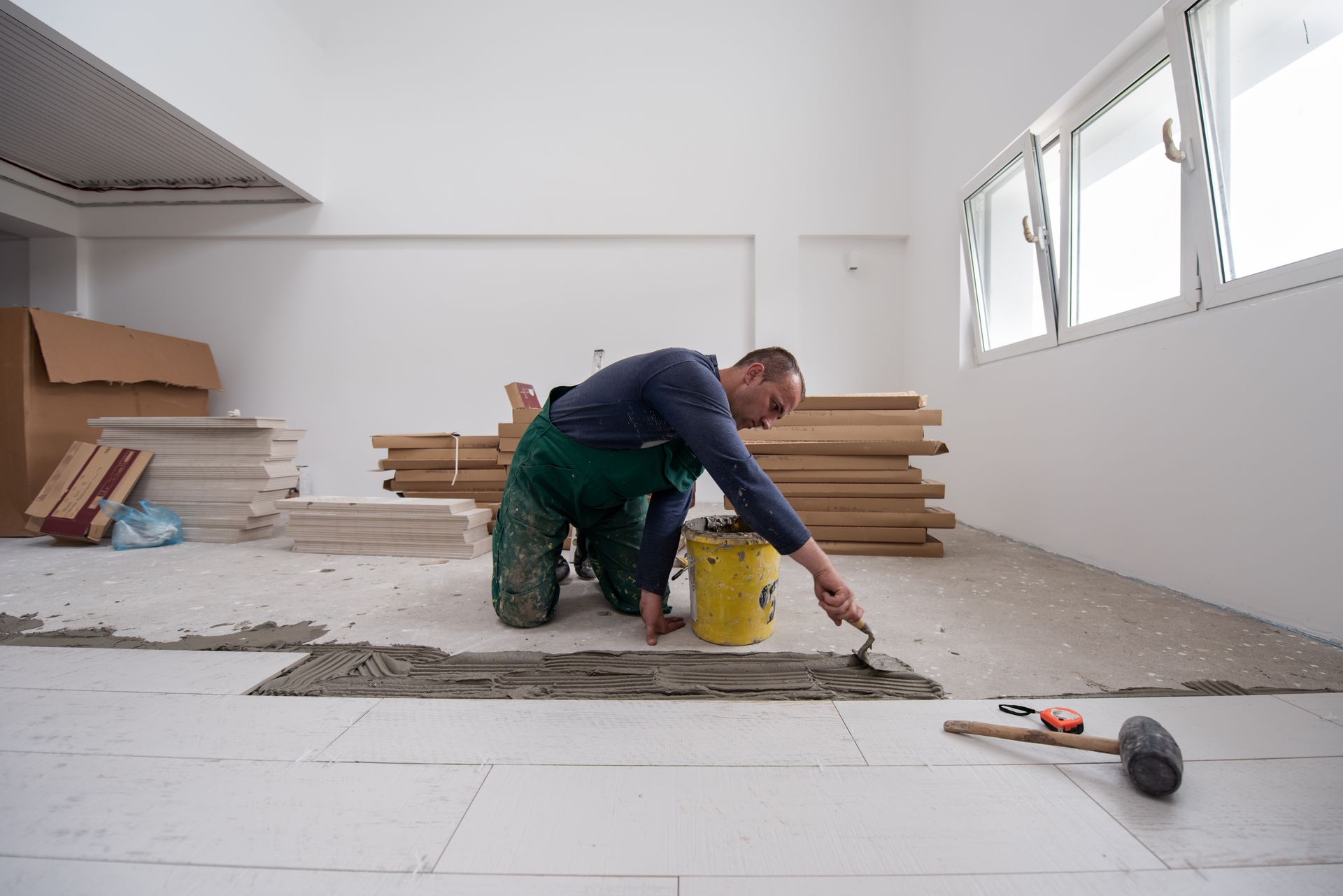What is the Best Way to Remove Scratches from Hardwood Floors?
Hardwood floors add a timeless beauty to any home. Hardwood Flooring Contractor services can help preserve that elegance. They’re elegant, durable, and let’s face it, nothing beats the warm look and feel of natural wood under your feet. But over time, even the most carefully maintained hardwood floors can develop scratches. Whether it's from moving furniture, pet claws, or just daily wear and tear, those scratches can be a real eyesore. So, what’s the best way to remove them? Don’t worry; we’ve got you covered with practical, effective methods to bring your hardwood floors back to life.
Identifying the Types of Scratches: Know Your Enemy
Before you jump into fixing scratches, you need to know what kind of scratch you're dealing with.
Hardwood Floor Resurfacing might be needed for more serious damage. Not all scratches are created equal, and treating them incorrectly could cause more harm than good. So, let’s break it down.
Light Surface Scratches
- These are minor scratches that don’t penetrate the finish of the wood. You’ll usually notice them as slight scuffs or dull marks.
- Typically caused by dust, pet claws, or dragging lightweight objects across the floor.
Deep Scratches
- These scratches go beyond the floor’s finish and may expose the raw wood underneath.
- Deep scratches are often the result of moving heavy furniture without protection or dropping heavy objects.
Gouges
- Gouges are severe and can tear chunks out of the wood itself. This kind of damage is much more challenging to fix and may require professional help.
Fixing Light Scratches: The Easy DIY Methods
If your hardwood floors are suffering from light surface scratches, you can likely handle the repairs yourself. Hardwood Floor Maintenance is key to preserving the finish. Here are a few quick and easy remedies that will have your floors looking fresh in no time.
1. Use a Hardwood Floor Cleaner and Polish
The easiest fix for minor surface scratches is a good quality hardwood floor cleaner followed by a polish. Here’s how to do it:
- Start by sweeping or vacuuming the scratched area to remove dirt and debris.
- Apply a hardwood floor cleaner using a microfiber cloth.
- Once the area is clean and dry, apply a hardwood floor polish. Polishes fill in small scratches and add a protective layer to your floors.
This method is great for minor wear but might not be effective on deeper scratches.
2. Try a Scratch Repair Pen
Scratch repair pens can be found at most hardware stores, and they’re ideal for touching up light scratches. These pens contain wood stain and are available in a variety of shades to match your flooring.
- Simply clean the area around the scratch.
- Use the pen to color in the scratch.
- Buff the area with a soft cloth to blend the stain.
It’s a quick fix, and most scratches will disappear right before your eyes.
Dealing with Deep Scratches: More Involved Solutions
Deep scratches are a bit trickier, but you don’t have to replace the entire floor just yet. Hardwood Floor Repair options are available that don’t require full replacement. Here are some more hands-on techniques.
1. Sanding and Staining
Sanding is one of the best methods for removing deeper scratches because it goes beyond just the surface.
- Sand down the scratched area using fine-grit sandpaper. Be careful to sand only in the direction of the wood grain.
- Once the scratch has been smoothed out, clean the area and apply a matching wood stain.
- After the stain dries, apply a layer of protective finish.
This method works well for individual scratches, but for floors with multiple deep scratches, you may need to sand and refinish the entire floor.
2. Wood Filler for Deeper Gouges
For deeper scratches or gouges, wood filler might be your best option. Choose a filler that matches the color of your floors.
- Clean the scratched area thoroughly.
- Apply the wood filler using a putty knife, pressing it firmly into the scratch.
- Once the filler dries, sand it smooth, and apply a matching stain and finish.
This is a great way to patch up those unsightly gouges without replacing the damaged boards entirely.
Preventing Future Scratches: A Little Maintenance Goes a Long Way
Prevention is always better than repair, so once you’ve fixed your scratches, here are some tips to keep your hardwood floors scratch-free:
- Use Furniture Pads: Placing felt pads under the legs of furniture helps prevent scratching when you move things around.
- Keep Pets’ Nails Trimmed: Your furry friend may be adorable, but their claws can wreak havoc on your hardwood floors.
- Regular Cleaning: Sweep or vacuum your floors regularly to remove dirt and debris that can cause scratches.
- Area Rugs in High-Traffic Areas: Placing rugs in areas with a lot of foot traffic can reduce wear and tear on your floors.
By following these steps, you can extend the life of your refinished hardwood floors and keep them looking their best.
When to Call in the Pros: Refinishing vs. Repairing
So, you’ve tried the DIY methods, but your floor still looks like it’s been through a warzone. Hardwood Floor Refinishing by a professional might be the best solution. It might be time to call in a professional for hardwood floor refinishing.
When Should You Refinish?
- If scratches cover a large area of your floors.
- If your floors have lost their shine and luster, even after cleaning and polishing.
- If you have deep gouges or damage that simple repairs can’t fix.
Professional refinishing involves sanding down the entire floor, reapplying the stain, and sealing it with a durable finish. It’s a more labor-intensive process, but the result is like getting brand new floors.
Call MJC Floor Finishing for Professional Hardwood Floor Refinishing in Philadelphia, PA
Let’s be honest, not everyone has the time or expertise to tackle major floor repairs. And when DIY isn’t cutting it, we’re here to help. At MJC Floor Finishing, we specialize in professional hardwood floor refinishing in Philadelphia, PA, and the surrounding areas. Whether you’re dealing with scratches, dull floors, or want a whole new look, our team has you covered.
Our services include:
- Hardwood floor resurfacing
- Hardwood floor repair
- New hardwood floor installation
Don't let scratches ruin the beauty of your hardwood floors! Give us a call today at
(267) 622-1455, and let’s restore your floors to their original glory. For maintenance tips and tricks to keep your floors looking great,
click here.
FAQs
How often should I refinish my hardwood floors?
You should consider refinishing your hardwood floors every 7-10 years, depending on the level of wear and tear. If you have heavy foot traffic or pets, you may need to refinish sooner.
Can scratches in hardwood floors be prevented?
Yes, using furniture pads, area rugs, and regular cleaning can help prevent scratches. Keeping pet nails trimmed is also a good way to protect your floors.
Are deep scratches in hardwood floors fixable?
Yes, deep scratches can be fixed using methods like sanding and staining or filling with wood filler. For severe damage, professional refinishing may be needed.
Can I refinish my hardwood floors myself?
While DIY refinishing is possible, it requires the right tools and expertise. It’s a labor-intensive process, so hiring professionals is often the best choice for lasting results.
What’s the difference between refinishing and resurfacing hardwood floors?
Refinishing involves sanding down the entire floor and applying new stain and finish, while resurfacing is a lighter process that involves cleaning and buffing the existing finish.
